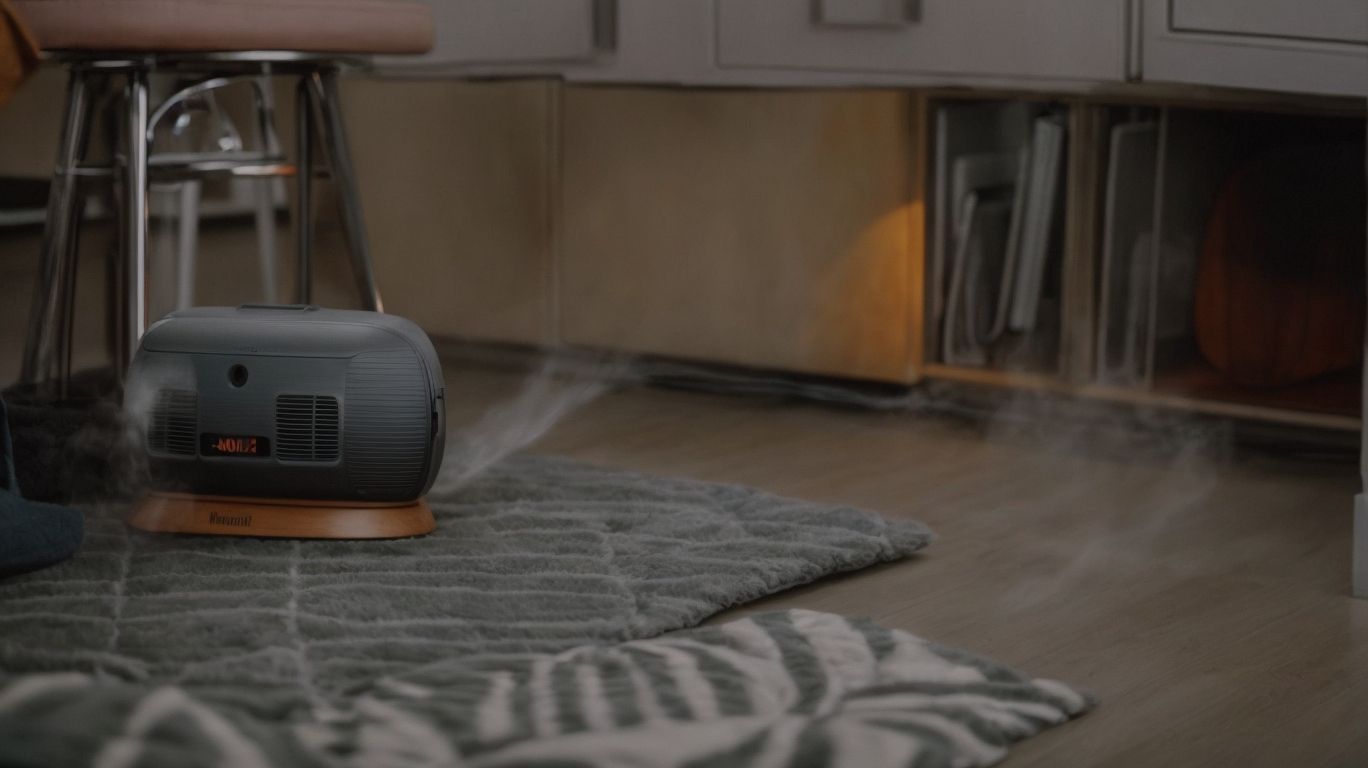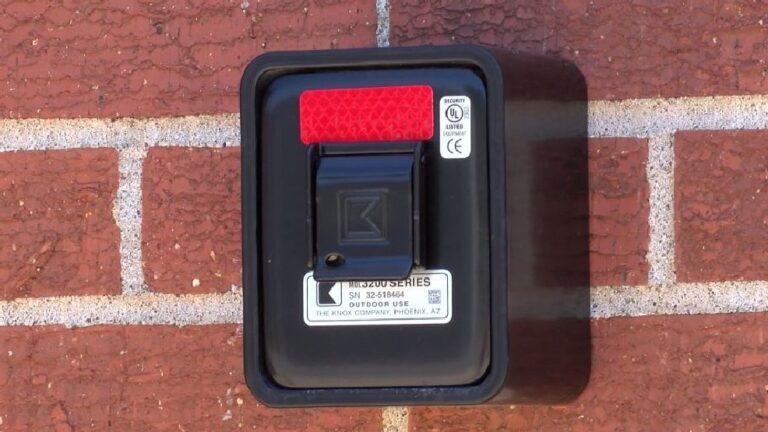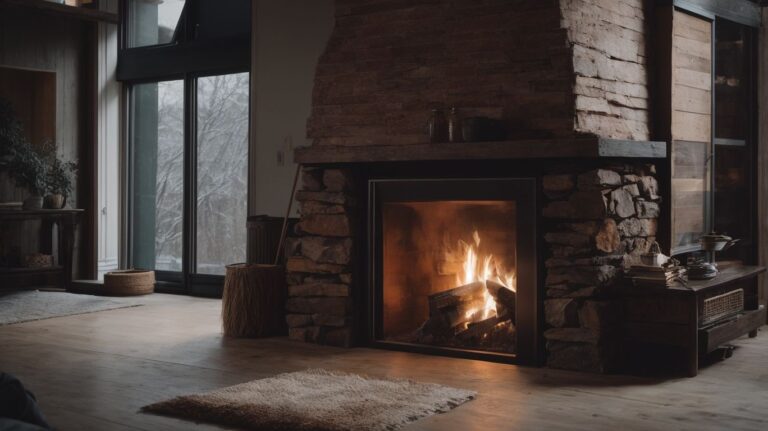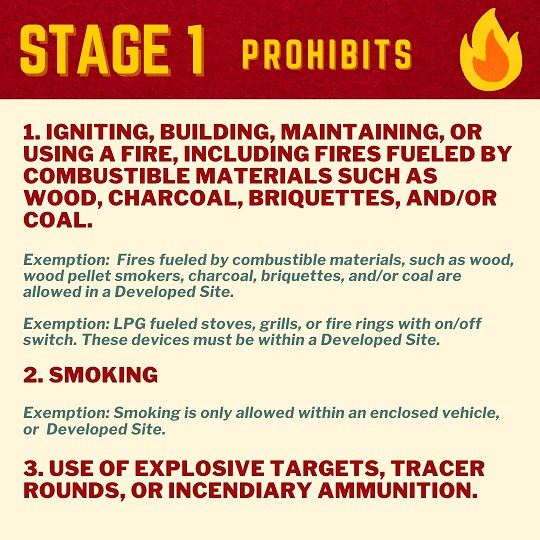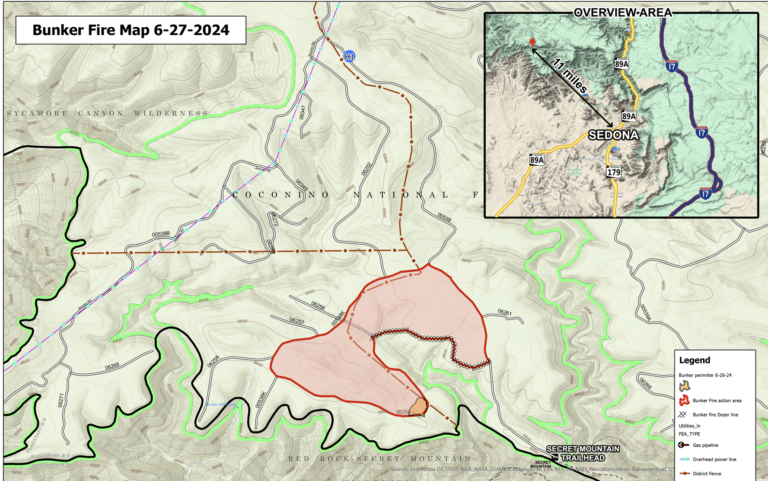Why Are Space Heaters Dangerous? – Space heaters are commonly used to provide warmth and comfort during the cold winter months. However, there are hidden dangers associated with these portable heating devices that can put you and your loved ones at risk.
In this article, we will explore the potential hazards of space heaters and offer tips on how to stay safe while using them. Don’t wait until it’s too late – protect yourself and your family from this often-overlooked concern.
What Is a Space Heater?
What Is a Space Heater?
A space heater is a portable device used for heating an enclosed area. It is commonly electrically powered and comes in various types, including radiant, convection, and ceramic heaters. These devices are designed to provide localized warmth and are often used to supplement central heating systems.
Pro-tip: Always place the space heater on a level, flat surface and keep flammable objects, such as curtains and bedding, at least three feet away to prevent fire hazards.
How Do Space Heaters Work?
- Space heaters work through convection, radiant heat, or micathermic technology.
- Convection heaters warm the air and circulate it to heat the entire room.
- Radiant heaters emit infrared radiation, heating objects directly.
- Micathermic heaters combine both convection and radiant heat for efficient heating.
When using space heaters, it is important to ensure proper ventilation, keep flammables away, and never leave them unattended.
What Makes Space Heaters Dangerous?
Space heaters may seem like a convenient way to warm up a room, but they also come with potential dangers. In this section, we will discuss the various factors that make space heaters dangerous and why it is important to use them with caution. From the risk of fire hazards to the silent threat of carbon monoxide poisoning, we will cover the potential dangers that come with using space heaters. Additionally, we will also touch upon the electrical hazards and tip-over risks associated with these devices. Stay informed and stay safe when using space heaters.
1. Fire Hazard
- Place the space heater on a level, non-flammable surface.
- Keep the heater at a safe distance from flammable materials such as curtains, furniture, and bedding.
- Avoid using an extension cord and plug the heater directly into the power outlet.
- Regularly inspect the heater’s cord and plug for any damage.
- Turn off the heater when leaving the room or going to bed.
Pro-tip: Install smoke detectors near the area where the space heater is being used to ensure early detection of any potential fire hazards.
2. Carbon Monoxide Poisoning
Carbon monoxide poisoning caused by space heaters can have fatal consequences. To avoid this danger, it is important to always use vented heaters, install carbon monoxide detectors, and never leave the heater unattended. Proper ventilation and regular maintenance are also essential in reducing the risk of carbon monoxide leaks. If using a fuel-burning heater indoors, it is crucial to be aware of symptoms of carbon monoxide poisoning such as headaches and dizziness. Consider safer options like electric blankets or improving insulation in your home.
3. Electrical Hazards
- Frayed or damaged cord: Regularly inspect the power cord for any signs of wear and tear to prevent potential electrical hazards.
- Overloading circuits: To avoid the risk of electrical fires, do not plug the space heater into an overloaded circuit.
- Proper grounding: Minimize the risk of electric shock by ensuring that the space heater is properly grounded.
4. Tip-Over Risks
- To prevent tipping, make sure to place the space heater on a flat and stable surface.
- Check that the heater has a tip-over safety switch that will turn off the unit if it is knocked over.
- To minimize the risk of tipping, avoid placing the heater near high-traffic areas where it may be bumped or knocked over.
What Are the Signs of a Faulty Space Heater?
While space heaters can provide much-needed warmth during the colder months, they can also pose a potential danger if not used properly. In this section, we will discuss the signs of a faulty space heater and how to identify them. These include strange smells or noises coming from the heater, overheating, and a malfunctioning thermostat.
By being aware of these warning signs, you can ensure the safety of yourself and your home when using a space heater.
1. Strange Smells or Noises
- Strange smells or noises from a space heater may be an indication of potential issues such as dust accumulation, motor problems, or electrical faults.
- Unusual odors could be a sign of overheating or burning components, while strange noises could indicate a loose part or an impending malfunction.
- Immediate action should be taken when these signs are noticed to prevent safety hazards and ensure the proper functioning of the heater.
In 1912, an unusual smell from a space heater led to the discovery of a faulty wire, preventing a potential fire in a New York apartment building.
2. Overheating
- For safe space heater use, it is important to ensure proper ventilation around the heater to prevent overheating.
- To prevent overheating, regularly clean the heater to remove any dust or debris that may accumulate.
- Check the heater’s cord and plug for any signs of overheating or damage to avoid potential hazards.
Remember, preventing overheating is crucial for the safe use of space heaters. Always follow the guidelines provided by the manufacturer and never leave a space heater unattended.
3. Malfunctioning Thermostat
- To avoid a malfunctioning thermostat, make sure to regularly calibrate it to ensure accurate temperature readings.
- Keep an eye out for dust or debris accumulation around the thermostat and clean it regularly to prevent any issues.
- Test the thermostat’s functionality by setting the heater at various temperatures and monitoring its response.
How Can You Use Space Heaters Safely?
While space heaters can provide a convenient source of warmth during colder months, it’s important to use them safely to avoid potential dangers. In this section, we will discuss the necessary precautions to take when using a space heater. From keeping flammable materials at a safe distance to regularly maintaining the heater, we will cover all the essential safety measures to ensure a worry-free and cozy experience with your space heater.
1. Keep Away from Flammable Materials
- To prevent accidents, make sure to keep space heaters away from flammable materials such as curtains, bedding, and upholstered furniture.
For additional safety, maintain a clearance of at least three feet around the heater and ensure it is placed on a stable, flat surface. Always remember to turn off the heater when leaving the room or going to bed.
2. Use in a Well-Ventilated Area
- Place the space heater in a well-ventilated area to prevent the buildup of harmful gases.
- Ensure the room has sufficient fresh air circulation to minimize the risk of carbon monoxide poisoning.
- Do not use space heaters in enclosed or small spaces without adequate ventilation.
3. Regularly Check and Maintain the Heater
Regularly inspect and maintain the heater to ensure its safe and efficient operation.
Be sure to keep the heater clean by regularly dusting and wiping it.
Check the power cord for any signs of fraying or damage, and replace it if necessary.
Test the heater’s safety features, such as the tip-over switch and overheat protection, to make sure they are working correctly.
Follow the manufacturer’s guidelines for maintenance and servicing, including any recommended professional inspections, to keep the heater in top condition.
What Are Some Alternatives to Using a Space Heater?
When the temperatures drop, many people turn to space heaters for a quick and easy way to warm up their homes. However, these devices come with their own set of risks and dangers. So, what are some alternatives to using a space heater?
In this section, we will explore three alternative methods for keeping warm without the potential hazards of a space heater. From electric blankets to insulating your home, these options provide a safer and more efficient way to stay cozy during the colder months.
1. Electric Blankets
- Inspect: Before using, carefully examine for any frayed wires or signs of wear and tear.
- Quality: It is important to invest in an electric blanket that is UL (Underwriters Laboratories) certified for safety assurance.
- Usage: To prevent overheating or other hazards, it is crucial to strictly follow the manufacturer’s instructions.
Did you know? Electric blankets were first introduced in the early 20th century and have continued to evolve, incorporating advanced safety features.
2. Portable Radiators
- Choose a suitable location to place the portable radiator, ensuring it’s positioned away from any flammable materials and in a well-ventilated area.
- Always read and follow the manufacturer’s instructions for safe operation and maintenance of portable radiators.
- Regularly check for any signs of malfunction, strange smells, or unusual noises coming from the portable radiator.
3. Insulating Your Home
- Inspect for air leaks around doors and windows.
- Consider adding insulation in the attic and walls to improve energy efficiency.
- Use weather-stripping and caulking to seal any gaps or cracks and prevent heat loss.
- Install double-pane windows to further insulate your home.
- Utilize heavy curtains or insulating blinds to keep the warmth inside and reduce energy consumption.
Frequently Asked Questions
What makes space heaters dangerous?
Space heaters can be dangerous due to their high heat output and potential for electrical hazards. They also pose a fire risk if left unattended or placed too close to flammable objects.
Are all space heaters dangerous?
No, not all space heaters are inherently dangerous. However, if used improperly or if the heater is damaged or defective, it can become a safety hazard.
How can I use my space heater safely?
To use a space heater safely, make sure to keep it at least three feet away from any flammable objects and never leave it unattended. Additionally, always plug the heater directly into an outlet and never use an extension cord.
Why are space heaters a fire hazard?
Space heaters can become a fire hazard if they are placed too close to flammable objects such as curtains, furniture, or bedding. Additionally, if the heater is damaged or malfunctioning, it can cause a fire.
Can space heaters cause carbon monoxide poisoning?
Yes, space heaters that use fuel such as kerosene or propane can produce carbon monoxide, which is a colorless and odorless gas that can be deadly if inhaled in high concentrations. It is important to properly ventilate the room when using these types of heaters.
What should I do if my space heater is not working properly?
If your space heater is not working properly, it is important to stop using it immediately and have it inspected or repaired by a professional. Continuing to use a damaged or malfunctioning heater can increase the risk of fire or other safety hazards.

